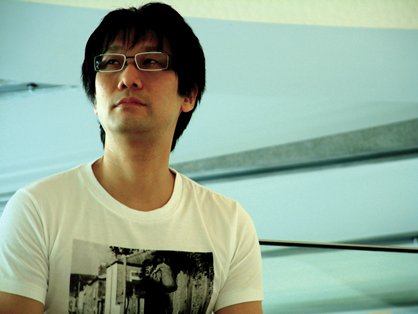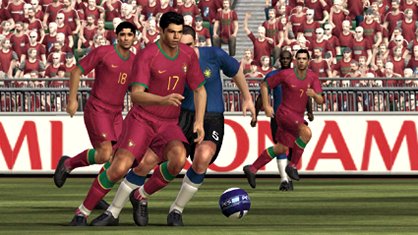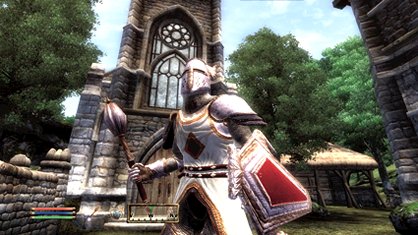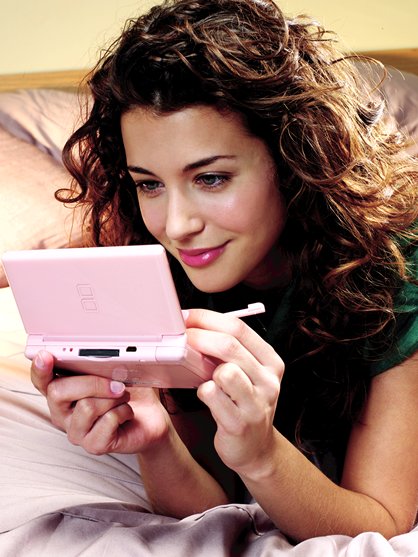“We’re in the era of casual games, and it’s time to say ‘this is for the hardcore gamer’,” says Hideo Kojima, creator of Metal Gear Solid 4. “So it’s really, really important [MSG4] succeeds.” Has he got a point? With budgets spiraling (a decent next-gen title costs anywhere from $20-40 million) companies are becoming more risk-averse, keener on pumping out sure things than trying out new ideas. They’re also trying to appeal to a new audience - such as the 23 million people who bought Wiis or the 64 million who own a Nintendo DS. You know, the “casual gamers” these businessmen are so obsessed with.

Unluckily for game designers, formulaic games mean it’s relatively easy to do this: puzzlers Brain Age and its sequel have places in the 20 best-selling games of all time. And it’s these titles (not Uncharted or Okami) that get retailers excited. Daniel Matteo, vice chairman of Gamestop, commented on the US chain‘s decision to devote sections of floor space to family-friendly games and rhythm action titles. “It is no longer only the hardcore gamer walking in who knows exactly what he wants,” he told us.
“The example is Hollywood not doing high-budget movies,” says Kojima. “They do horror movies or comedies instead, which are less expensive.” He’s right - Saw 4, for instance, cost $10 million to produce and pulled in around $120 million at the box office - but other commentators suggest it’s even worse than that. “Indie film fans may prefer quirky titles over big-budget FX extravaganzas,” says Greg Kostikyan, whose company Manifesto Games specialises in zero-budget PC fodder. “But in gaming we have no indie aesthetic, no group of people who prize independent vision and creativity over production values.”

Above: Pro Evolution Soccer is more than a hardcoregame in the UK- it's a religion
Others lay the blame on devs themselves. Ken Levine, lead designer on BioShock, says, “Japanese game development has gone stagnant. They’re trying to reach a hardcore market in Japan that is actually shrinking, and part of the reason is that they’ve been making the same game for so long - Japanese RPGs - the audience is getting tired of it.”
“The people that say it’s all about the creative design and breaking new ground are right,” says Karl Magnus Troedsson, senior producer on Battlefield: Bad Company. “But if nobody is buying the product then we won’t find the financial backing to do it. If we’re going to spend a million dollars on our games then we need to sell a hell of a lot of copies.” So is ‘hardcore’ gaming doomed? Well, that depends on definitions.

Above: Some big budget games, like Oblivion,makebig bucks
Weekly digests, tales from the communities you love, and more
There’s certainly a risk that we’ll see less games like Okami or Killer7, but games like Heavy Rain and LittleBigPlanet show that original ideas can still flourish. Besides, get away from the snobbery and plenty of ‘normal’ people play in hardcore ways. Think of your mate who plays Puzzle Quest for four hours at a time, or the guy you know who plays through GTA over and over again. And once people are into games, they might go looking for more esoteric fare. But will there be games for them to play when they start looking further afield? Kojima reckons that’s down to him. “There are a lot of talented people in the industry,” says the man. “I want to return the power to developers. I don’t want them making Brain Age games.”

Above: She'd better be playing Advance Wars: Days of Ruin, or Kojima's gonna be mad...
Jun 9, 2008


